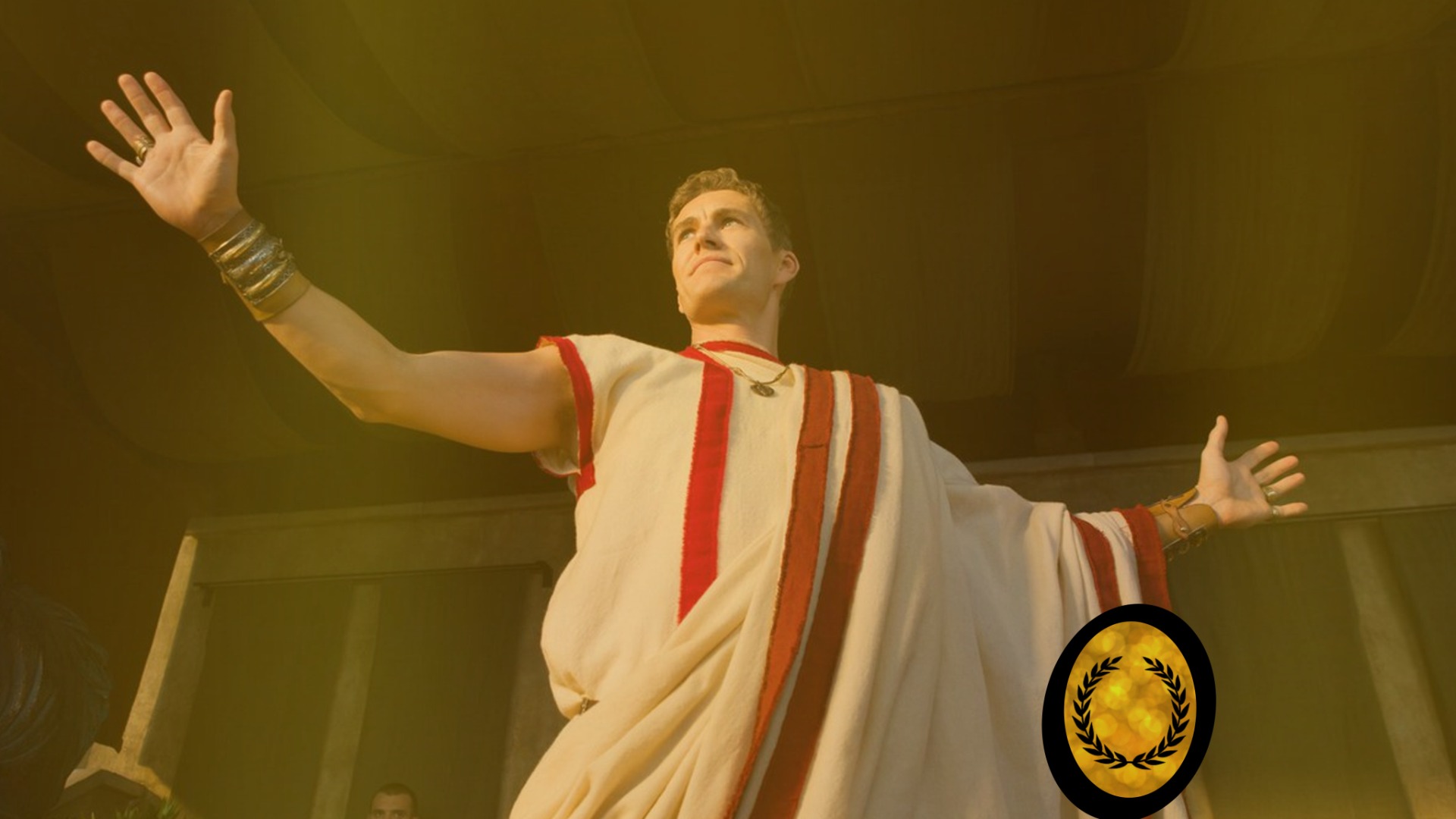Before Sulla even managed to get there, Sulpicius proposed to hand the command of the war against Mitrídates to Mário. Sula's reaction to the popular decree that removed him from command is one of the turning points in the history of the Roman Republic. He was taken aback by the news, as the resolution was as swift as it was drastic.
A good connoisseur of his troops, it was enough for him to read the contents of the decree to them, adding that Mário would certainly bring his own forces to the east, which would deprive them of the glories and riches that awaited them, so that the indignation spread among the soldiers. , who demanded to be taken back to Rome. The tribunes sent by Mario were stoned and the consul agreed to put himself in front of the troops on the way back to Rome.
None of his officers, with the exception of a quaestor, supported Sula in this unprecedented act, but, on the other hand, he received the support of Quinto Pompeu Rufo, who came to meet with him.
For the first time in the history of Rome, a magistrate introduced the factor of military strength into interior politics, and from then on, Rome could no longer be free from the threat of a military coup. The increasing deterioration and the continuous political maneuvering of the popular, including the Sulpicius decree against Sula, which directly interfered in a senatorial decision, had finally led to a situation bordering on the implementation of the law of the strongest.
After the Sula coup, the republican constitution became little more than a legal farce and its validity, subject to changes and whims of a possible imitator of Sula in the future. In any case, Sula acted officially in defense of the current legality (a mos maiorum, "the way of the elders"), with the intention of rebuilding the Republic through the restoration of the senatorial regime, as will be proved by its subsequent set of reforms. But, paradoxically, Sulla was compelled by circumstances to support the enforcement of laws using precisely the same justifications that precipitated his destruction.











